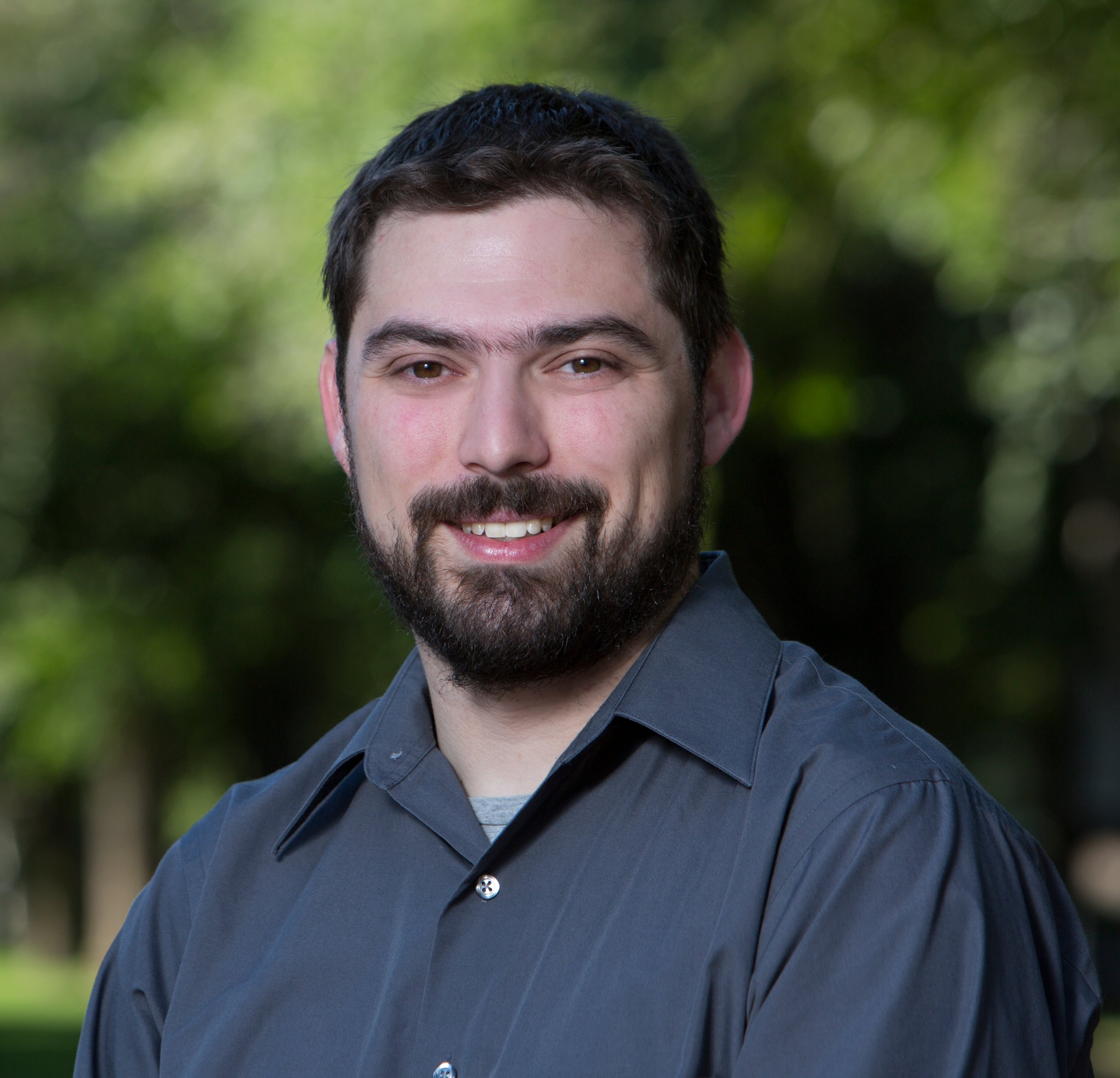Publication Details
- Keywords:
- autism
- HRI
- socially assistive robotics
Abstract
Background: Various methods are used to structure therapy session interactions between healthcare providers and children with autism spectrum disorders (ASD). One such method is graded cueing (Toglia, 1996), a structure for providing feedback starting from most general, to very specific, and finally to re-framing the problem in a simpler way.
Objectives: This work demonstrates an autonomous socially assistive robot used to recognize correct and incorrect imitation behavior of a child (while seated in a chair, and moving its arms to imitate arm gestures of the robot) and employ a graded cueing approach to provide feedback to improve such imitation behavior. The robot required no instrumentation of the child and could autonomously determine whether the child was imitating and whether the imitation was correct.
Methods: We implemented an autonomous socially assistive robot system that employed graded cueing feedback during a Simon-Says game. To evaluate the performance of the system, we posited the following hypotheses:
H1: A robot system can engage in a model-based imitation and turn-taking interaction.
H2: A child with ASD will be able to participate in an imitation task with a robot.
H3: A robot system can recognize breaches in turn-taking and imitation behavior and take appropriate action to repair the turn-taking interaction.
We recruited two participants with ASD (1 male, 1 female; average age 11 years) who interacted with a humanoid robot for two sessions about five minutes in duration each, playing Simon-Says. In the first session, the robot employed graded cueing to train the child in the imitation task; in the second session, the robot only stated verbally whether the child’s imitation was correct or incorrect.
Results: Overall, the robot achieved a 96.3% correct recognition rate, in support of hypothesis H1. The children participated in 71 out of 75 interactions (94.7%), in support of hypothesis H2. One child was fully able to imitate the robot, correctly imitating the robot 63.4% of the time (26 out of 41 arm poses) on the first attempt, and was able to successfully repair the imitation interaction 100% of the time using graded cueing (8 out of 8 attempts) or giving feedback that the pose was incorrect (7 out of 7 attempts). The second child had more difficulty, correctly imitating the robot 20.7% of the time (6 out of 23 arm poses) . The robot employed graded cueing to successfully correct the imitation 52.9% of the time (9 out of 17 attempts); when the robot merely provided correct/incorrect feedback, the robot was able to repair the interaction 0% of the time (0 out of 6 attempts). These data are in support of hypothesis H3.
Conclusions: This exploratory research aimed to evaluate the performance of a socially assistive robot that utilized graded cueing feedback in a Simon-Says game, demonstrating its feasibility for further investigation. Any results need to be verified with a sufficiently sized pool of participants. The largely correct performance of the robot on the Simon-Says task, and the childrens’ positive response to the robot together indicate that a larger follow-up study would be appropriate.
Author Details
| Name: | David Feil-Seifer |  |
| email: | dave@cse.unr.edu | |
| Website: | http://cse.unr.edu/~dave | |
| Phone: | (775) 784-6469 | |
| Status: | Active |
| Name: | Maja Matarić |
| email: | maja@cs.usc.edu |
| Website: | http://robotics.usc.edu/~maja |
| Status: | Inactive |
BibTex Reference
title={A Simon-Says Robot Providing Autonomous Imitation Feedback Using Graded Cueing},
author={David Feil-Seifer and Maja Matarić},
year={2012},
month={May},
address={Toronto, Canada},
booktitle={International Meeting for Autism Research (IMFAR)},
}
